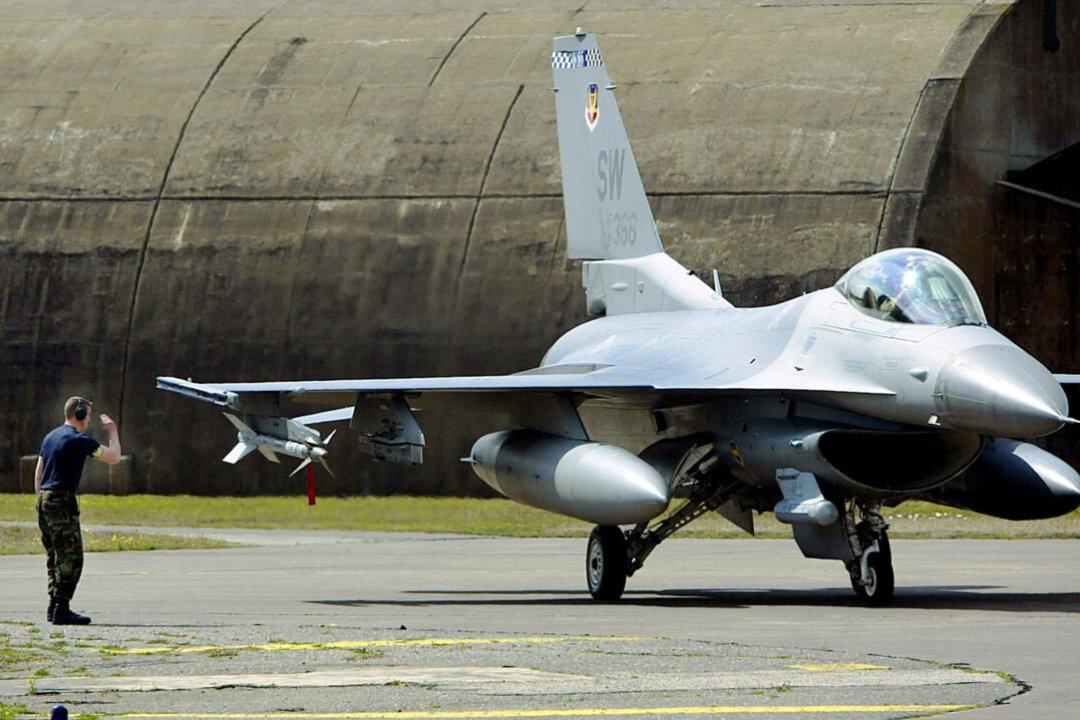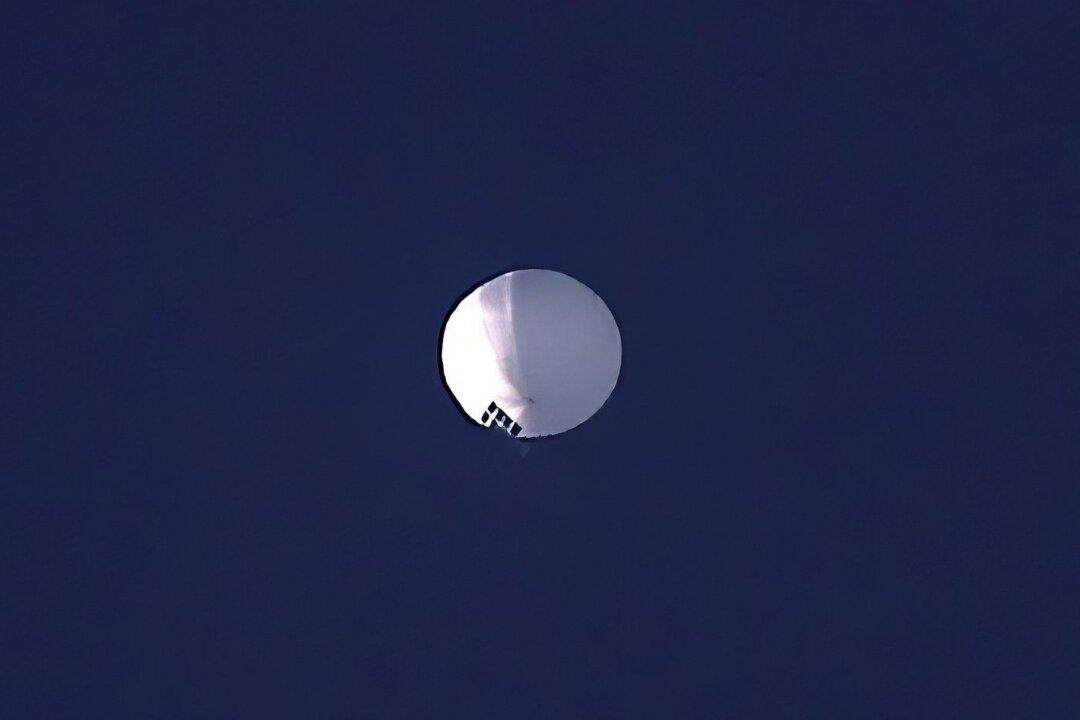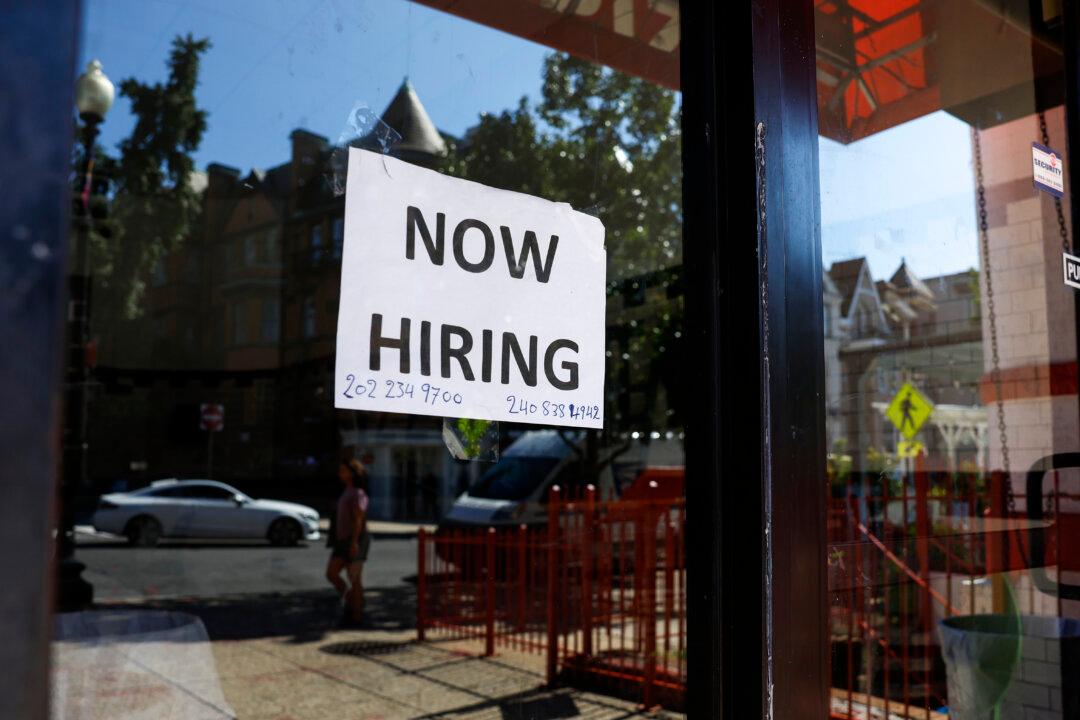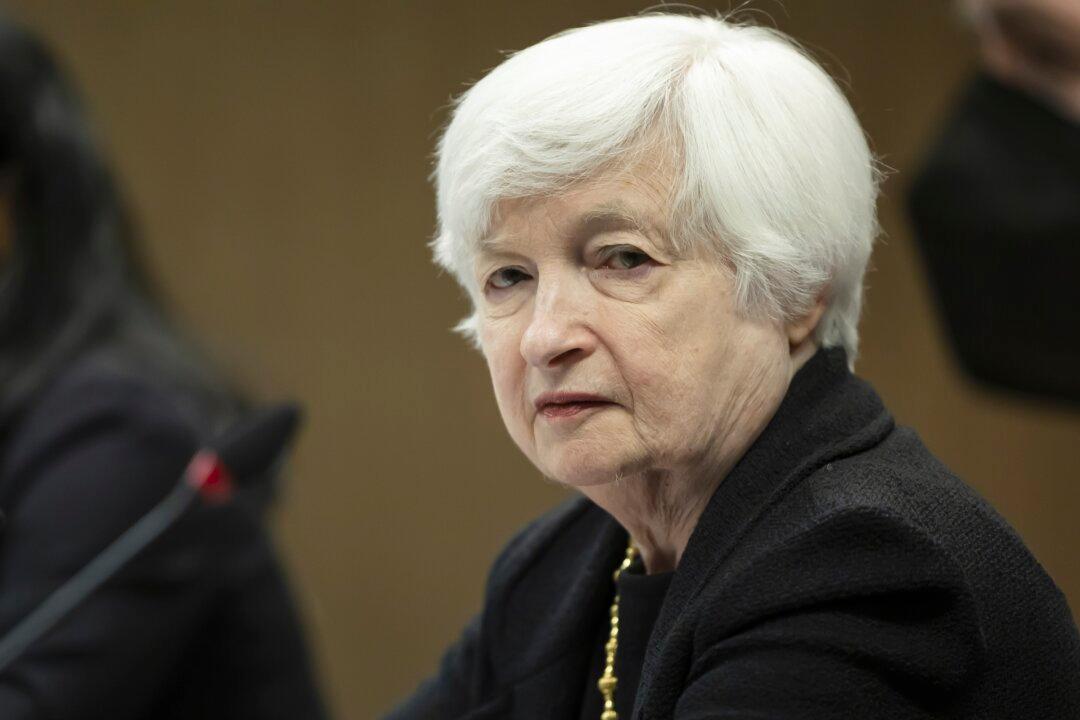President Joe Biden has seemingly ruled out that the United States will be providing Ukraine with F-16 fighter jets. In a short exchange with reporters on Jan. 30, Biden was asked if the United States would be providing F-16 fighter jets to Ukraine, to which he simply replied, “No.”
Biden’s comments follow a similar announcement from Germany’s chancellor, who also declined to send such fighter jets. Ukraine has been pushing its allies for advanced warplanes to help Kyiv take control of its airspace, but the United States and its partners fear that this could lead to further escalation with Russia.




